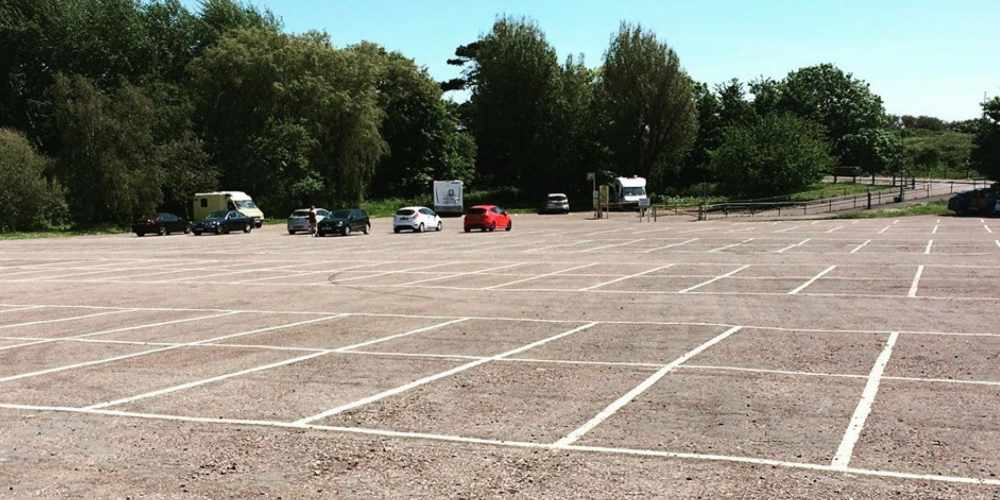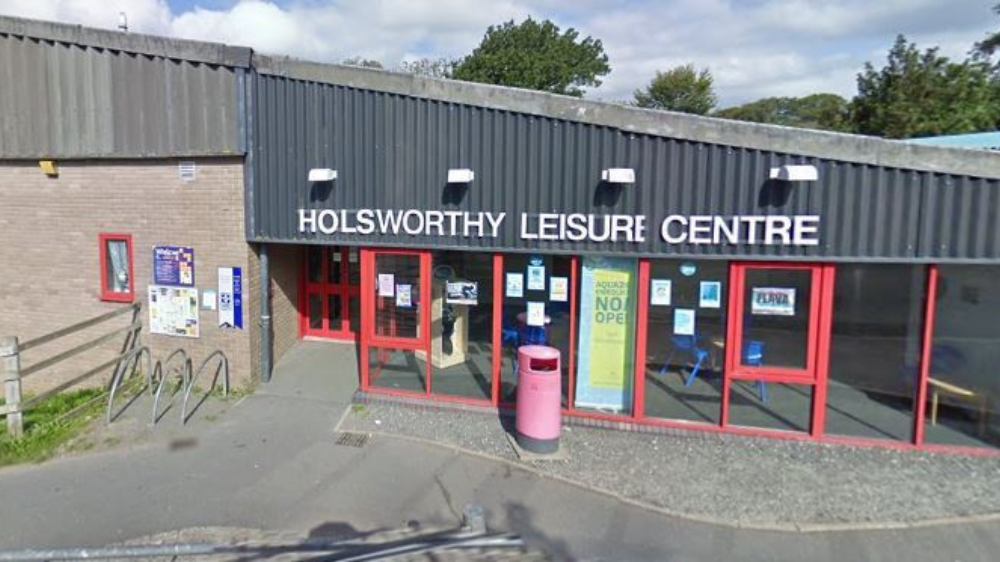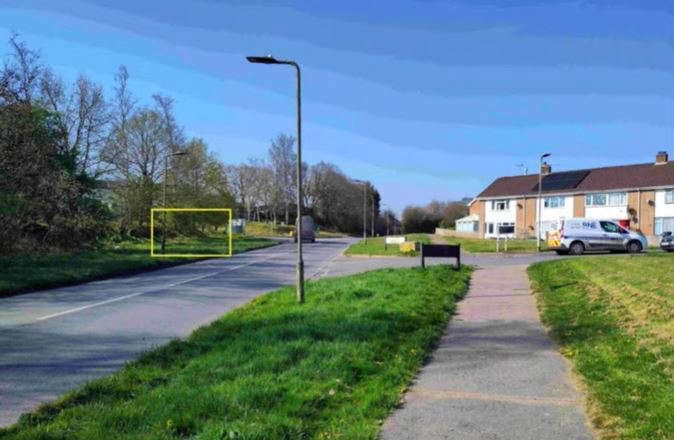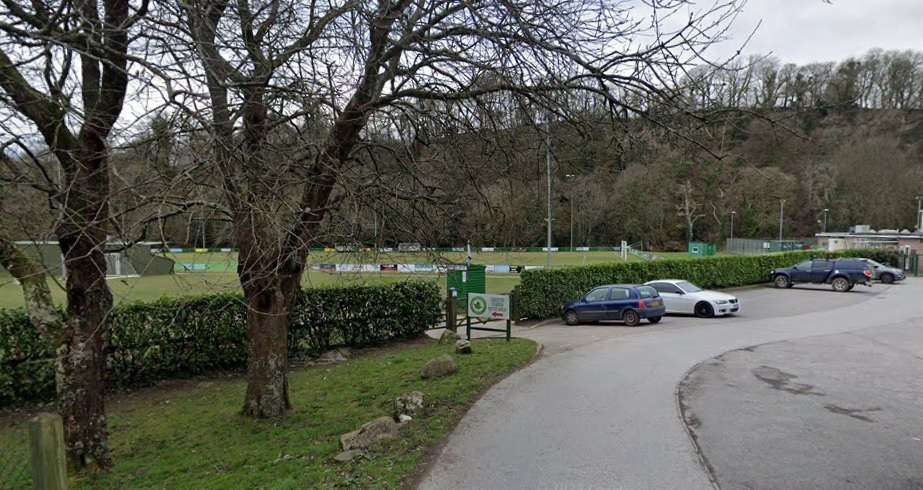
Planning committee voted for a site visit before making a decision
Controversial plans to redevelop Exmouth’s Devoncourt hotel remain in the balance after a marathon session failed to decide its fate.
More than two-and-a-half hours was spent at East Devon council’s planning committee hearing objections from the public and local councillors, as well as concerns about the proposals for the Douglas Avenue site.
Applicant Azim Lalani wants to demolish the existing building and replace it with a new 65-bed hotel at the southern most part of the land, and also build four apartment blocks containing 66 homes.
One of the four blocks would be for 15 affordable properties, with some being rented and some shared ownership.
But after the lengthy meeting, the planning committee voted to visit the hotel to help them make a decision.
The councillors heard from residents, many of whom felt the proposal would lead to overdevelopment, that the plan was “too overbearing”, the impact on neighbours would be too great and that leisure amenities would be lost.
Geoffrey Crawford, who lives on Douglas Avenue, told the committee he had “serious concerns” about the plans.
“The applicant puts the most focus on the residential aspect, with the hotel as an afterthought, but we have been consistent in stating that the lower part of the site is not suitable for large-scale development,” he said.
“There is too much development proposed on the site, and the proposed buildings are far too large.”
He felt the decision by planning officers to change their minds from recommending the plans be turned down to recommending they be accepted is questionable.
“Why have you allowed yourselves to be pressured by the applicant rather than upholding the highest standards of ethics and excellence by applying planning policy,” he added.
“This scheme contravenes local and national planning policies and indeed your own concerns and so I urge the committee to protect the community and reject the application.”
Resident Jenny Dawson questioned the impact on residents who currently use the Devoncourt’s amenities, such as swimming pools and tennis courts.
These would be lost if the proposed scheme goes ahead.
“As one of the community’s elders, I know for many elderly neighbours the Devoncourt is the only access to social and community activities, and without it, there is a risk of increased isolation and decline in physical and mental health,” she said.
Ms Dawson added that the “key to sustainability is a strong relationship between neighbourhood assets and wellbeing”.
“If proposals negatively impact the neighbourhood amenity space, there is a requirement to provide mitigation, but we can see there is no mitigation for the benefits that the Devoncourt hotel provides now as it is a community hub for groups and the restaurant is superbly placed.
“The restaurant proposed in the budget hotel would never have the same appeal.”
Malcolm Gigg, the agent for the applicant, said the scheme would benefit the area by providing “much-needed accommodation” to the town from both the residential and hotel perspective.
“The site was originally a timeshare complex, and the extent of the works needed to retain the existing building is unachievable,” he said.
He did not explain the the Devoncourt was generally considered to be Exmouth’s finest hotel before it began offering 25-year timeshare rooms in the 1980s.
Mr Gigg told the meeting that while the hotel had tried to modernise its business model, moving away from timeshares towards regular hotel stays, to stay price competitive meant charging fees that didn’t fully reflect the cost of cleaning and heating some of the sizeable rooms.
“In some cases, a single occupancy room fee is being applied to an entire apartment,” he said.
“The hotel offering now is old and poor, and the proposal is for a new, enhanced hotel offering for Exmouth.”
Mr Gigg also claimed that proposed changes at the entrance would mean a “dangerous passing point” caused by cars parking on the road outside the hotel, would be removed.
However, several councillors said both the council’s landscape architect and urban designer had raised “serious concerns” about the impact the southern most buildings would have on views from The Maer, common land between the hotel and seafront, as well as the “form, mass and bulk and overall height of the proposed hotel”.
Speaking at the meeting, East Devon planning officer Gavin Spiller, said that negotiations had been “going on for a number of years” particularly about the southern part of the site.
“There has been a lot of work undertaken, and it may not appear so, and people are probably unhappy, but we have got to a point where in policy terms, we can support the proposal,” he said.
Several objectors cited a planning clause aimed at limiting the size of developments within the Avenues area to 25 per cent of a plot’s size.
Mr Spiller said that in previous iterations of the scheme, roughly 50 to 60 per cent of the site had been earmarked for development, but this was now 42 per cent.
Some people were concerned that most hotel guests would need to use nearby Maer Road car park, and that this could lead to capacity issues during busy times.
Some councillors feared that people could instead park on nearby residential streets. However Mr Spiller clarified that the Maer Road car park would be the closest place for parking.
Fears were also raised that the hotel might need to direct deliveries through the Maer Road car park, but Mr Gigg, said this could be avoided if it proved undesirable.
Some disquiet emerged when it appeared to be suggested that if the developer entered negotiation for deliveries to be made via Maer Road car park, it could lead to land being sold to the applicant.
But council leader Paul Arnott (Liberal Democrat,Coly Valley), addressing the meeting from the public speaking lectern, said there were no negotiations or arrangements with the developer, and that any such move would be decided by councillors, not officers.
“I would remind all members and officers that because of the reputation of this council only a few years ago for its behaviour with developments in Exmouth, this administration took the lead in setting up what is the ‘Placemaking in Exmouth Committee’, which has representatives from across Exmouth, meets in public and keeps minutes and has input from the town council,” he said.
“The council position with Maer Road car park, a publicly owned asset, belongs there, at that committee, and that is where it would go.”
The committee voted by 10 to two for a site visit. Two councillors abstained.
 Torridge taxpayers safe from leisure collapse
Torridge taxpayers safe from leisure collapse
 West Devon planners say no to net-zero plans
West Devon planners say no to net-zero plans
 East Devon theatre needs your help
East Devon theatre needs your help
 Ivybridge football project given go ahead
Ivybridge football project given go ahead
 Farage condemns Devon's 'woke' Tories
Farage condemns Devon's 'woke' Tories
